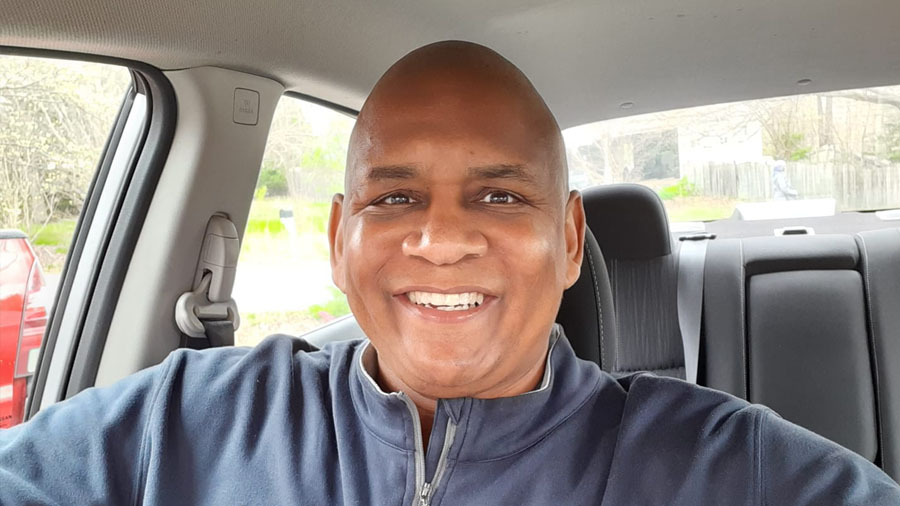
John Hollis discovered that he was immune to the virus when he lived in the same house with a patient in severe condition for Covid-19 and did not become ill. Scientists believe their blood “is a gold mine” in the fight against the virus.
John Hollis is a 43-year-old American writer, who in July 2020 discovered that the virus that causes Covid-19 cannot affect him, as he cannot enter his cells or make him sick.
According to Hollis himself on the BBC, he learned of his condition when he told a doctor at the university where he works that he was directly exposed to the virus, when his housemate became seriously infected.
“For two weeks I waited for the disease to hit me, but it never happened,” the writer comments.
Faced with this, Dr. Lance Liotta, a professor at George Mason University in Virginia, USA, invited him to participate in a study conducted by the university on coronavirus.
You may be interested in: First case in the world: mother vaccinated against COVID-19 in Florida gave birth to a baby with disease antibodies
In this study, Hollis was able to find out that he had indeed contracted covid-19 but also discovered that his body has superantibodies that prevent viruses from affecting his system.
Dr. Liotta, in charge of the study, expressed that Hollis’ blood is “a gold mine”, and that it will contribute a lot in the study of different ways to attack the virus.
The study found that Hollis superantibodies attack the virus in different ways and are even resistant to new virus variants.

Scientists hope to create and improve vaccines against Covid-19, based on the blood tests of people like Hollis. Reference photo / AFP
Liotta explains that in a normal person, antibodies attack the punctate formations of Sar-Cov-2, the virus that causes Covid-19, attach and remove it; however, when people first come in contact with the virus, these antibodies take a long time to form and can therefore worsen during the process.
But in the case of Hollis it is not, its superantibodies are so potent that, according to Dr. Liotta, they could kill 99% of viruses even if they were diluted to one per thousand.
You can read: Why are coronavirus vaccines injected into the arm?
Scientists, meanwhile, are studying several patients like Hollis in hopes of creating and improving vaccines that are much more effective with the disease.
“I know I’m not the only person who has antibodies like that, I’m just one of the few people who’s been discovered,” Hollis concludes.